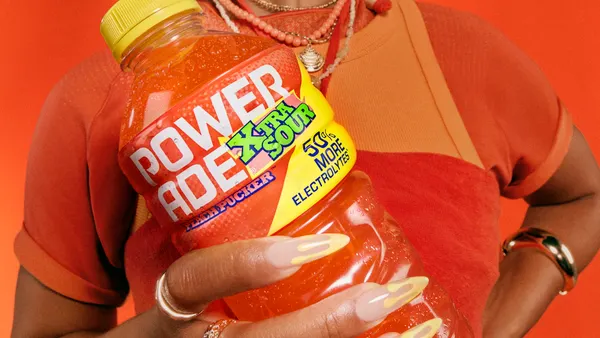Brief:
- Snapchat's parent company Snap renewed its sales partnership with Baidu in several key Asian markets. The Chinese internet search giant will represent Snap to advertisers from Greater China, Japan and South Korea, per an announcement shared with Mobile Marketer.
- Advertisers who buy media placements through Baidu will have access to all of Snapchat's ad formats such as Snap Ads, Story Ads, augmented reality (AR) lenses and filters. Snapchat provides real-time measurement and access to more than a dozen third-party measurement services, along with Snap Pixel, to track results.
- AjMall, a Beijing based e-commerce company that focuses on Middle Eastern customers, advertises on Snapchat to reach 21 million addressable users in the region, AjMall CEO Joe Zhou said in a statement. Chris Zhang, VP of Shanghai-based mobile game developer Lilith Games, said Snapchat helped to drive growth for its "AFK Arena." The title reached 10 million downloads this week, per its official Twitter account.
Insight:
Baidu is well-positioned to help Snap drum up fresh business from advertisers in China, Japan and South Korea, given its extensive experience in those regions.
While Snapchat is currently banned in China, along with most other Western social media companies, advertisers from the region aren't restricted from trying to reach the image-messaging app's users in other parts of the world. Snapchat has 190 million daily users worldwide, including 80 million in North America and 61 million in Europe. The company says it reaches more people ages 13 to 24 in the U.S., U.K., France, Canada and Australia than either Facebook or Instagram do.
While Snap doesn't provide a breakdown of its revenue sources by region, other research suggests that China is a significant source of ad revenue for Western social media companies. About 10% of Facebook's global revenue came from China last year, making the region the second-biggest for ad spend after the U.S, according to Pivotal research.
Many of China's biggest advertisers, such as carmaker SAIC Motor and dairy marketer Yili Group, are mostly focused on the domestic market, and Chinese e-commerce giant Alibaba isn't competing with Amazon and eBay for U.S. consumers. However, many Chinese advertisers have sought to reach U.S. consumers, including developers of mobile games and makers of electronics like Huawei, which is currently contesting a U.S. decision in May to blacklist its products due to security concerns.
Snap's ties to China include a research and development center in Shenzhen for its Spectacles sunglasses, and a significant investment from Tencent, whose WeChat app is the nation's most popular messaging platform. Snap's revenue rose 39% to $320.4 million in Q1 from $230.7 million a year earlier to beat Wall Street estimates of $306 million. Analysts on average forecast that the company will show Q2 revenue growth of 37% to $358.2 million when results are reported on July 23.











